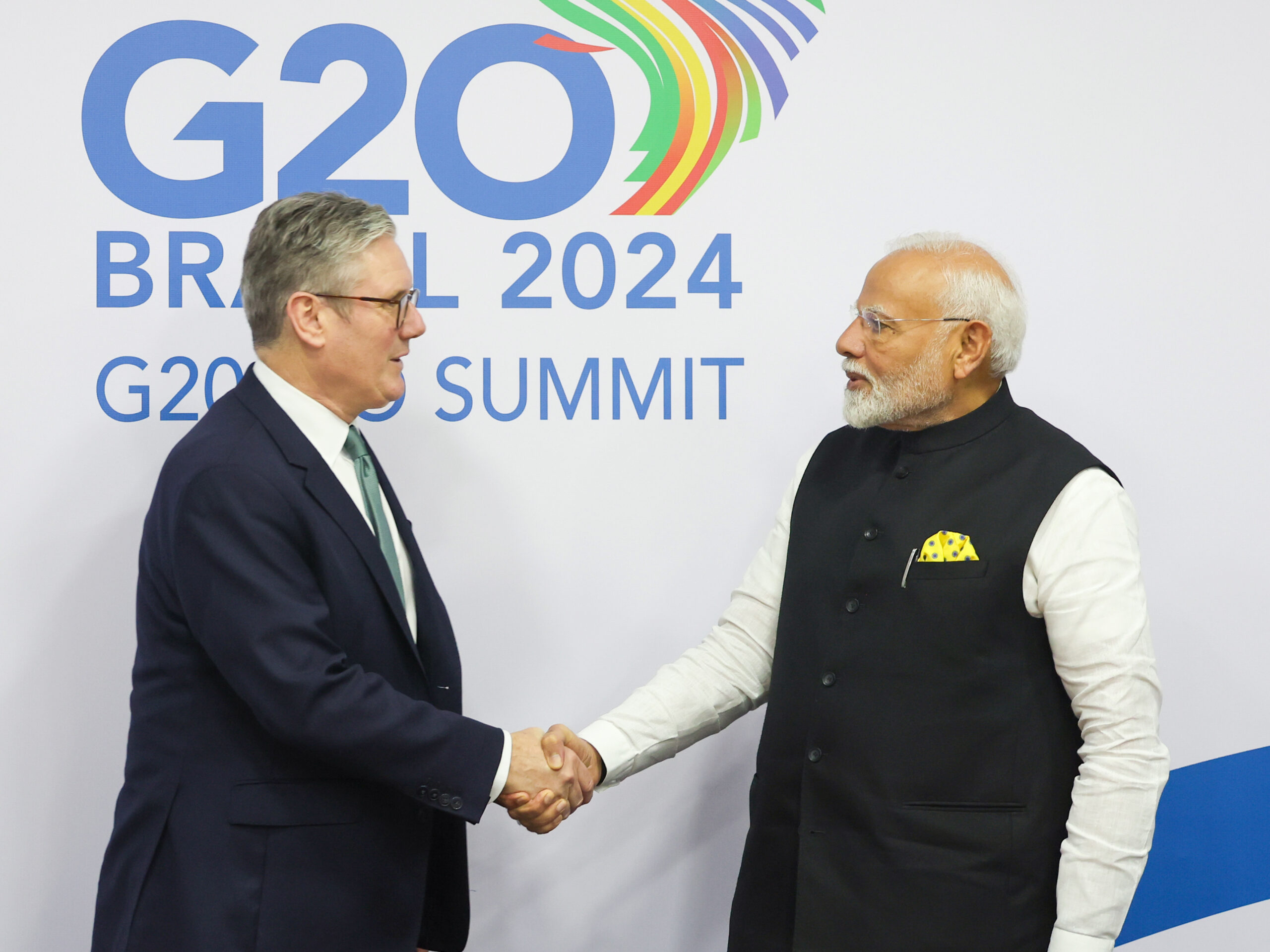India is at the forefront of shaping the world’s digital future, boasting the highest AI skills penetration rate globally. Industry leaders said on Wednesday that the Free Trade Agreement (FTA) will enable the UK to fully recognise India as a key destination for its students and talent to achieve their ambitions in this space.
The formal signing of the India-UK FTA is a landmark moment, solidifying the natural partnership between our two nations.
“This comprehensive agreement will immediately unlock substantial economic benefits, driving increased trade across goods, services, and technology. The formalised partnership in key areas like AI will catalyze innovation, creating high-skilled jobs and cementing the UK and India’s positions as global leaders in this transformative field,” said Keshav Murugesh, Chairperson, CII UK India Business Forum.
For students and technology professionals, this FTA should serve as a springboard for deeper collaboration in deeptech and the mobility of skills. He mentioned that the long-term potential of this partnership is immense.
“The timing couldn’t be better, with the FTA enhancing the economic resilience of both the UK and India by providing access to new markets and reducing vulnerability to external shocks. This is particularly important in a world where trade tensions are rising,” said Murugesh.
Ashok Chandak, President of IESA and SEMI India, said the FTA is a timely catalyst for boosting India’s image and business opportunities globally in multiple sectors.
The services sector will also benefit significantly, with growth in design, testing, and embedded software, driven by joint R&D and collaboration — leveraging the UK’s design strengths and India’s engineering talent, thereby helping startups and innovators.
“Reducing tariffs on components, raw materials, and capital equipment lowers production costs and enhances the export potential of ‘Made in India’ products,” Chandak mentioned.
The FTA facilitates skilled talent exchange, strengthens supply chain resilience, and promotes collaboration in green electronics.
The agreement will indirectly create thousands of jobs across both countries in key sectors.
—IANS





